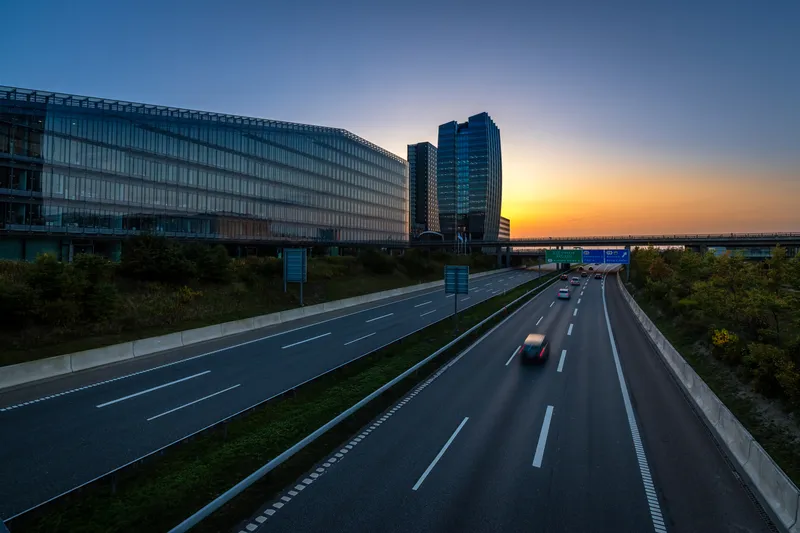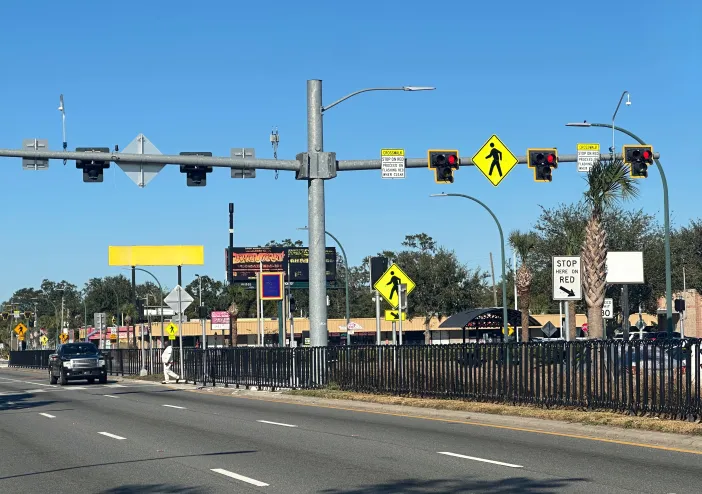
Abertis and Indra are among a consortium of Spanish companies which have launched a project to promote sustainable mobility and transport emission reduction.
Creta (Control of Mobility and Reduction of Traffic Emissions) - which also includes 5G specialist Masmovil Group (which coordinates the project), Opus, Cellnex, Vinces Consulting and artificial intelligence (AI) firm Alpha Syltec Ingenieria - is based around three pillars:
- Communications: creation of a 5G system capable of interconnecting data between different sensors, infrastructures and vehicles in real time
- Mobility: creation of a variable pricing system depending on the use and external environmental consequences produced by each vehicle and even, according to the rate of emissions per passenger
- Environment: Monitoring of the gradual reduction of the source of emissions (road traffic) with autonomous remote sensing systems connected to the 5G network
The firms will develop three pilot projects in Madrid, Barcelona and Gipuzkoa to demonstrate the benefits of applying 5G technology.
These will include:
• Management of urban mobility and low emission zones (LEZ). A system for monitoring, analysis and intelligent management of urban mobility will be demonstrated in Madrid and Alcobendas, to test dynamic pricing and access control to LEZs based on different parameters. Different sensors and systems for remote measurement of emissions, cameras and the 5G network will be implemented on the M30 in Madrid and at the accesses to Alcobendas.
• Interurban mobility and access to cities. A congestion charging pilot in Barcelona with the collaboration of Barcelona City Council, Barcelona Metropolitan Area and the Generalitat of Catalonia will take into account vehicles' real and individual emissions, variably adjusting access fee to the city.
• Cross-border control and payment for pollution. A pilot in Gipuzkoa (Irún) - with the Gipuzkoa Provincial Council and Basque Government - will show the true environmental impact of heavy vehicles, activating alerts in real time if vehicles are suspected of "having been illegally manipulated".
The group has been given €2.7m by the European Union-NextGenerationEU within the framework of the Recovery Plan, Transformation and Resilience of the Ministry of Economic Affairs and Digital Transformation and the Recovery and Resilience Mechanism.
5G technology is part of the Digital Spain 2026 agenda and the Recovery, Transformation and Resilience Plan.
“We look forward to demonstrating the capabilities of 5G technology to measure real vehicle emissions, and to employ advanced analytics and artificial intelligence to drive optimal traffic management and emissions reductions to improve care and safety. protection of the environment," says Jose Jiménez, Masmovil director of innovation and coordinator of the project.
Abertis Mobility Services will develop and implement a dynamic charging system, while Opus will handle remote measurement systems for traffic emissions.
Cellnex, through its subsidiary Tradia, provides Creta with knowledge in architecture, deployment and management of the cellular V2X (C-V2X) communications infrastructure in the sections of the Barcelona C-32 pilot (Barcelona - Sitges) with the aim of continuing to evolve the architecture for digitising roads and enabling it for AI.
Indra will implement a pricing system and an access control system, deploying edge computing infrastructure to process satellite positioning information from connected cars, emission sensors, 3D Lidar for vehicle classification and occupant detection systems with AI.










